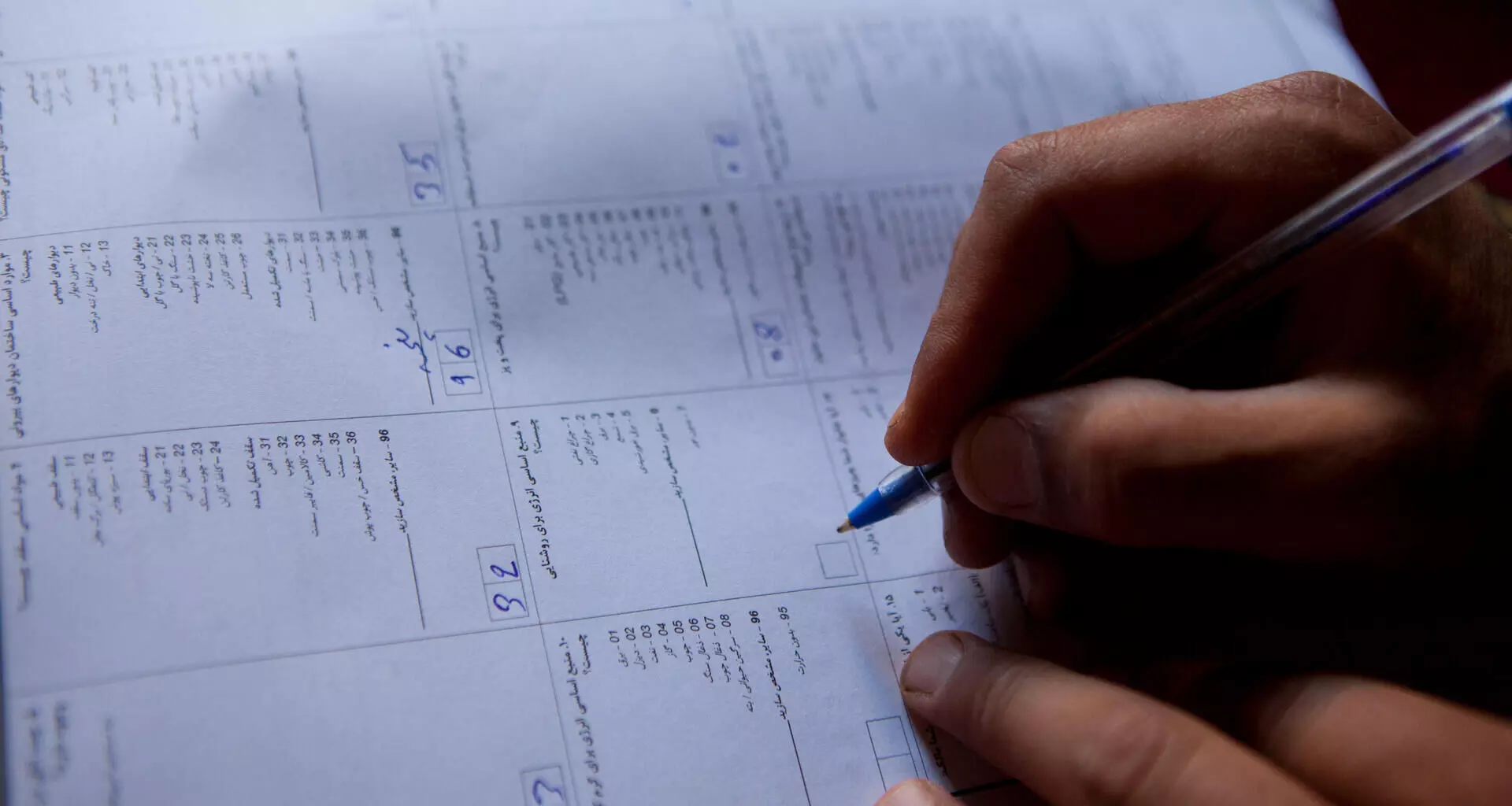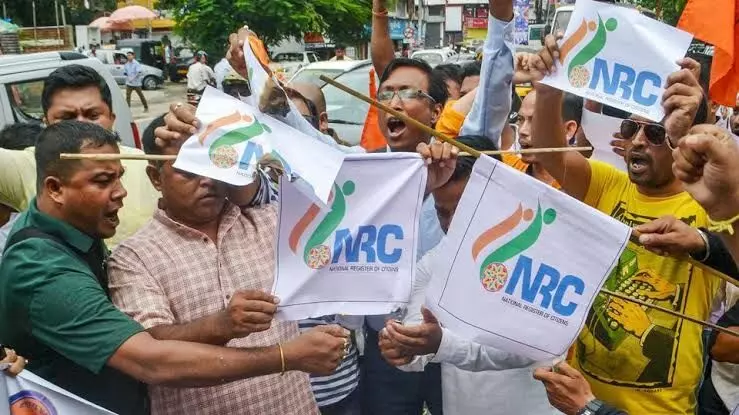
Delayed census, rising doubts
text_fieldsThe national census, due to have taken place in 2021, now looks further delayed indefinitely. In March 2019 gazette notification was issued and questionnaire released outlining the preliminary stages for the 2021 census but had to be postponed due to Covid-19. Now the freeze on the delimitation of administrative boundaries (district, taluka, village, local bodies etc) has been extended till June 30. This is the first phase in the census process and that is the only way to guarantee the geographic accuracy and dependability of population estimates. The rationale is that the population estimates will be inaccurate if a new village or district or any administrative unit for that matter is created. It had previously been postponed from January 1, 2020, to March 31, 2021, and then until further notice. The census can only begin three months after the freezing of this constituency delimitation, therefore as of right now, it can at the earliest begin after September 30, 2023. The previous census was conducted in 2011; Although the constitution does not prescribe the exact periodicity of census, the precedent is to conduct the census every 10 years. The census has a significant impact on how administrative decisions, policies, and financial allocations are made. Numerous other statistics, in addition to the overall population, are obtained through it. Examples include welfare programmes, literacy rates, spoken languages, religious beliefs, marital information, migrant population information, caste statistics, education levels, etc. Governments then use this information to make policy decisions. Furthermore, International organisations also rely on this accurate census data.
Elections to the Lok Sabha are scheduled for March–April 2024, and a number of state assembly elections are due in 2023. A typical census process takes around 11 months, one month for compiling house lists and 10 months for population data collection. Therefore, there is only a slim possibility that the census will be completed in 2023, even if it is done fast and accurately starting October. It can be said that it will be difficult to complete it before the elections in 2024. Delimitation of constituencies for elections should be done on the basis of population. If it is based on the existing 2011 census data instead, it runs the risk of some distortions. The data would be lacking if rural-to-urban migration and interstate migration are not taken into account, in addition to the typical population growth over the last 12 years. For example, the population of the Bengaluru metro area grew by 49 per cent during 2001-2011; but it was less than 12 per cent in Mumbai and Delhi and seven per cent in Chennai. On the other hand, in Kolkata, the population decreased. What adds to the concerns regarding the census is the central government's decision to link the census with the National Population Register (NPR) which only serves to increase its importance and complexity. The newly added questions in the NPR survey go beyond the usual census information. They contain a total of 21 parameters, seeking specific details on the place of birth of father and mother, last place of residence along with other information like Aadhar (optional), voter ID card, mobile phone and driving license numbers. In 2010 and 2015, the NPR collected details on 14 parameters. It is important to know who is included in the NPR enumeration and, consequently, in the NRC (National Register of Citizens) because the Citizenship Amendment Bill (CAA) only grants new citizenship to non-Muslims. The crucial point is that census will serve as the basis for everything.
It may be recalled that the Central Government had said in a reply to Parliament that the new census and NRC would be completed before the 2024 elections. NPR was last updated in 2015. Due to the Covid-19 pandemic, the first stage of the NPR, house listing & housing Census, which was scheduled to take place in April 2020, was postponed. The government had also stated that the preliminary data of the census would be prepared in the financial year 2023–2024. As the census is linked to the NPR and the the NRC to the Citizenship Amendment Act, doubts will naturally arise about whether the central government's moves are only limited to the census process as it may seem in first glance. Furthermore, the government has delayed the formulation of rules for the Citizenship Amendment Act for at least another six months. This is the seventh such extension. The government has not yet provided any reasons other than Covid. Given the long history of the Modi government, which has kept its future plans vague while merely providing the current status in its responses to Parliament, uncertainties have naturally increased.





















